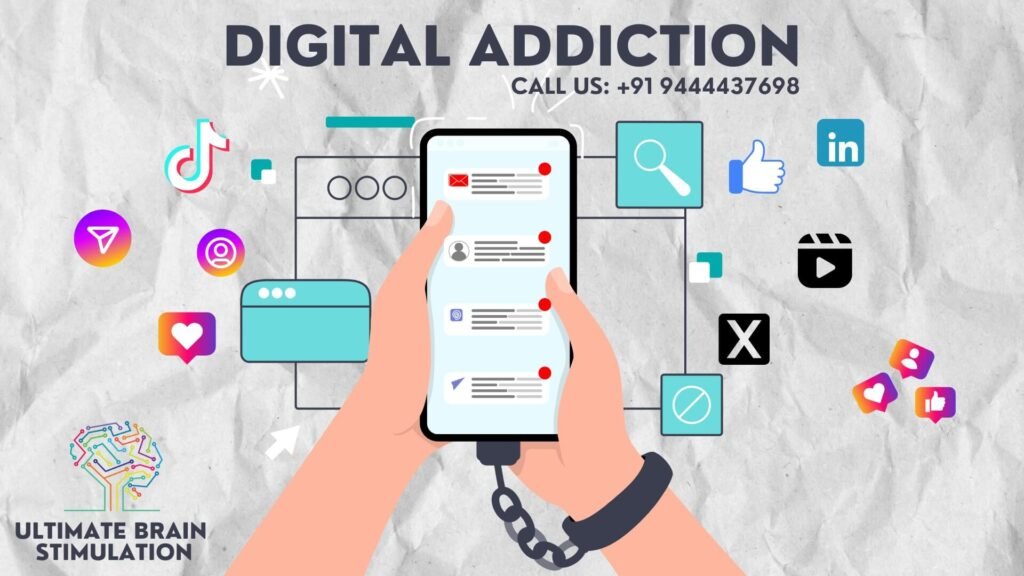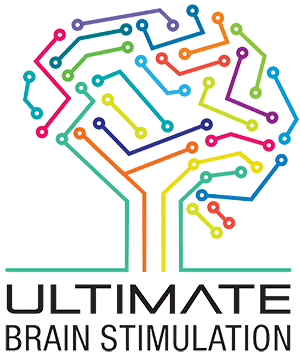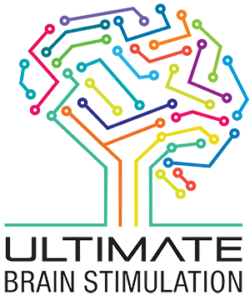In today’s hyper-connected world, the excessive use of digital devices has become a significant concern. As a leading expert in brain health and the founder of the Ultimate Brain Stimulation Clinic in Chennai, Dr. Murugappan has seen firsthand the detrimental effects of too much screen time on mental and physical well-being.
This article explores the impacts of digital addiction and offers valuable advice on overcoming this modern-day challenge.

Understanding Digital Addiction
What is Digital Addiction?
Digital addiction refers to the compulsive use of electronic devices such as smartphones, tablets, computers, and gaming consoles. This behavior often leads to neglecting important aspects of life, including personal relationships, work, and physical health.
Unlike traditional addictions, digital addiction does not involve substances but can be equally disruptive and challenging to overcome.
Signs and Symptoms
Identifying digital addiction early can help mitigate its adverse effects. Common signs include:
- Excessive Screen Time: Spending an inordinate amount of time on digital devices, often at the expense of other activities.
- Neglect of Responsibilities: Ignoring personal, professional, or academic responsibilities due to digital distractions.
- Withdrawal Symptoms: Feeling anxious, irritable, or depressed when not using digital devices.
- Social Isolation: Preferring online interactions over face-to-face communication, leading to social withdrawal.
- Physical Health Issues: Experiencing headaches, eye strain, sleep disturbances, and other health problems due to prolonged screen use.
Effects of Digital Addiction
Mental Health Implications
Digital addiction can significantly impact mental health. The constant bombardment of information and the pressure to stay connected can lead to stress, anxiety, and depression.
Social media platforms, in particular, can exacerbate feelings of inadequacy and loneliness as users compare themselves to idealized portrayals of others.
Cognitive Function
Excessive use of digital devices can impair cognitive function. Multitasking on various apps and platforms can reduce attention span and memory retention. Studies have shown that heavy smartphone users often struggle with focus and problem-solving skills, leading to decreased productivity and performance.
Physical Health Consequences
Digital addiction is not just a mental health issue; it also has physical repercussions. Prolonged screen time can lead to:
- Eye Strain: Also known as digital eye strain, this condition causes discomfort and vision problems.
- Sleep Disorders: Exposure to blue light from screens can disrupt the production of melatonin, affecting sleep quality.
- Sedentary Lifestyle: Spending excessive time on digital devices promotes a sedentary lifestyle, increasing the risk of obesity, cardiovascular diseases, and other health issues.
Social and Emotional Impact
The overuse of digital devices can hinder social skills development, particularly in children and adolescents. It can also strain personal relationships, as individuals may prioritize online interactions over real-world connections. Emotional well-being can suffer as well, with increased feelings of isolation and loneliness.
Addressing Digital Addiction: Dr. Murugappan’s Advice
At the Ultimate Brain Stimulation Clinic in Chennai, we offer comprehensive treatment plans tailored to individual needs. Here are some strategies and tips to combat digital addiction:
Set Boundaries and Limits
Establishing clear boundaries for digital device usage is crucial. Set specific times for work, leisure, and rest, and adhere to these schedules. Encourage “digital detox” periods where no electronic devices are used, allowing the mind to rest and recharge.
Engage in Physical Activities
Incorporating regular physical activities into your routine can help counteract the sedentary lifestyle associated with digital addiction. Exercise not only improves physical health but also boosts mental well-being by releasing endorphins, which act as natural mood lifters.
Foster Real-World Connections
Prioritize face-to-face interactions over online communication. Engage in social activities, join clubs or groups with similar interests, and spend quality time with family and friends.
Building strong, real-world relationships can provide emotional support and reduce the reliance on digital interactions.
Practice Mindfulness and Meditation
Mindfulness practices and meditation can help reduce stress and improve focus.
These techniques encourage individuals to be present in the moment and can be particularly beneficial in managing the anxiety and restlessness associated with digital addiction.
Seek Professional Help
If digital addiction is severely impacting your life, seeking professional help is essential.
At the Ultimate Brain Stimulation Clinic, we offer specialized therapies and interventions designed to address the root causes of digital addiction and promote sustainable recovery.
Treatment at Ultimate Brain Stimulation Clinic
Our clinic in Chennai, led by Dr. Murugappan, utilizes cutting-edge techniques and therapies to treat digital addiction. Our holistic approach includes:
Brain Stimulation Techniques
TMS is non-invasive magnetic stimulation of the brain. Repetitive Transcranial Magnetic Stimulation improves social interaction and decreases anxiety-depressive like behaviours. Repetitive Transcranial Magnetic Stimulation aids in neuroplasticity, a form of rewiring the brain.
A small coil positioned in specific spots over the scalp identified by the psychiatrist , produces rapidly changing magnetic field that passes through scalp and skull bone. This magnetic activity influences brain’s activity. The coil placement site, the type, speed, number and strength of the magnetic pulse is determined by various protocols as determined by the psychiatrist, depending on the requirement.
The treatment duration may range from 3 minutes to 40 minutes. Total number of sessions vary from 5-30 that is spaced out over a period. The sessions extend over 4- 6 weeks. Safety as the first priority has been proven in all the studies.
Treatment session: During the session, the magnetic coil will be placed over the selected site. A test pulse will be given to determine the individual’s sensitivity (resting motor threshold), based on which the treatment pulse strength will be decided and the session started.
During session, a clicking or tapping sound will be heard and a feeling of tapping will be felt. This may be felt over the forehead or over eyes and face. The magnetic pulse will be on and off during the entire session at the chosen speed. These sessions are always customised.
Safety: Repetitive Transcranial Magnetic Stimulation treatment is safe. The safety of TMS is well established even in the presence of other neuropsychiatric conditions like epilepsy, ADHD etc.
If scalp pain or discomfort appears, it vanishes immediately after the session without any interference. TMS is FDA approved for the treatment of drug resistant depression.
Other uses of rTMS: rTMS is also useful in OCD, anxiety, addictions, schizophrenia, PTSD, fibromylagias and stroke recovery.
Advantages of Repetitive Transcranial Magnetic Stimulation treatment:
- High success rate in symptom reduction for autism
- Improvement in social behaviour and speech
- TMS is non-invasive, non sedative and free from side effects.
- No anaesthesia is required for TMS Therapy.
Repetitive Transcranial Magnetic Stimulation treatment
- Decreases the repetitive behaviour and actions
- Irritability and depression are controlled
- Enhances motor performance
- Brings under control of attention deficits
When do we see the results of TMS treatment?
The noticeable change in behaviour begins after 5-10 session and is slow and steadily progressive. Occasionally, the changes may not manifest for a longer period.
Ongoing Support and Follow-Up
Recovery from digital addiction is a continuous process. We provide ongoing support and follow-up sessions to ensure our patients stay on track. This includes regular check-ins, progress monitoring, and adjustments to the treatment plan as needed.
Conclusion
Digital addiction is a growing concern that requires immediate attention and intervention. Understanding the impacts of digital addiction is the first step toward reclaiming control over our lives. At the Ultimate Brain Stimulation Clinic in Chennai, Dr. Murugappan and his team are dedicated to helping individuals overcome digital addiction and achieve a balanced, healthy lifestyle.
If you or someone you know is struggling with digital addiction, reach out to us for expert guidance and support. Visit our website at Ultimate Brain Stimulation Clinic to learn more and schedule an appointment. are dedicated to helping individuals overcome digital addiction and achieve a balanced, healthy lifestyle.
If you or someone you know is struggling with digital addiction, reach out to us for expert guidance and support. Visit our website at Ultimate Brain Stimulation Clinic to learn more and schedule an appointment.
Other Article Links
- Understanding Digital Addiction – APA
- The Impact of Screen Time on Health – Mayo Clinic
- Cognitive Behavioral Therapy for Addiction – NCBI
Make an Appointment Today!
Call us at(+91)9444437698!
For more information, visit Ultimate Brain Stimulation Clinic.
Connect on LinkedIn
Watch on YouTube.
Contact us on WhatsApp.
For additional wellness services, check out Silkee.

